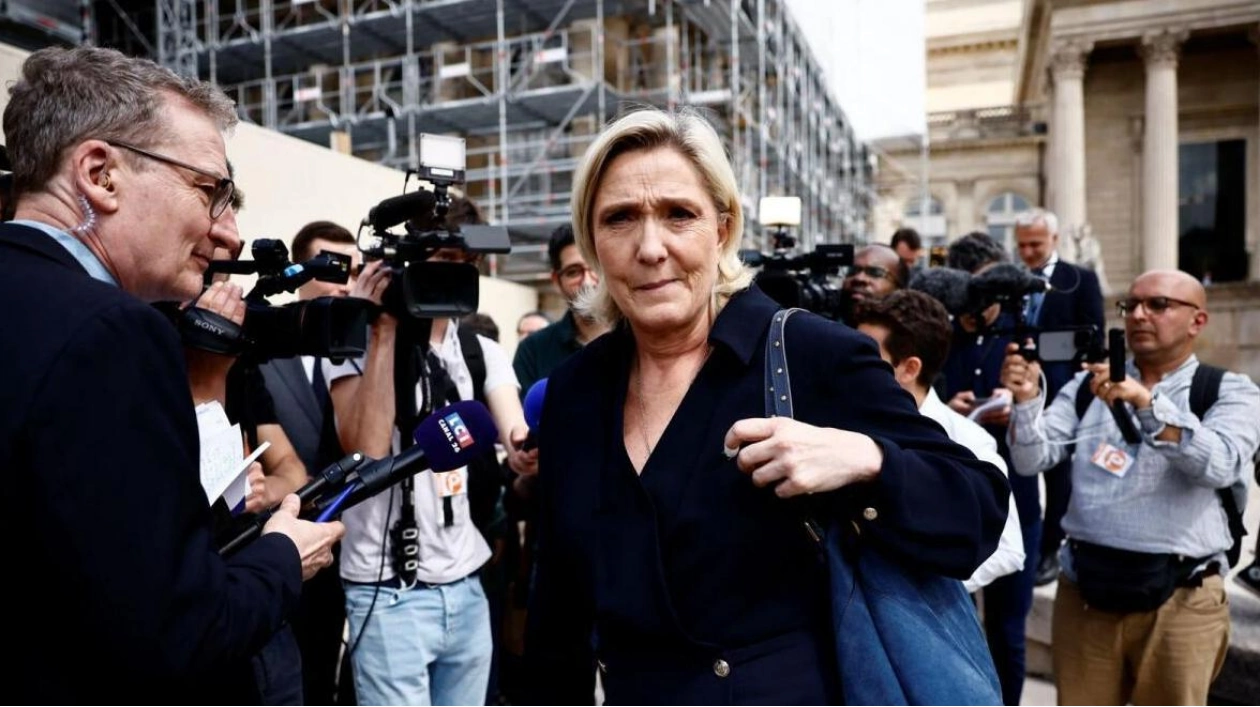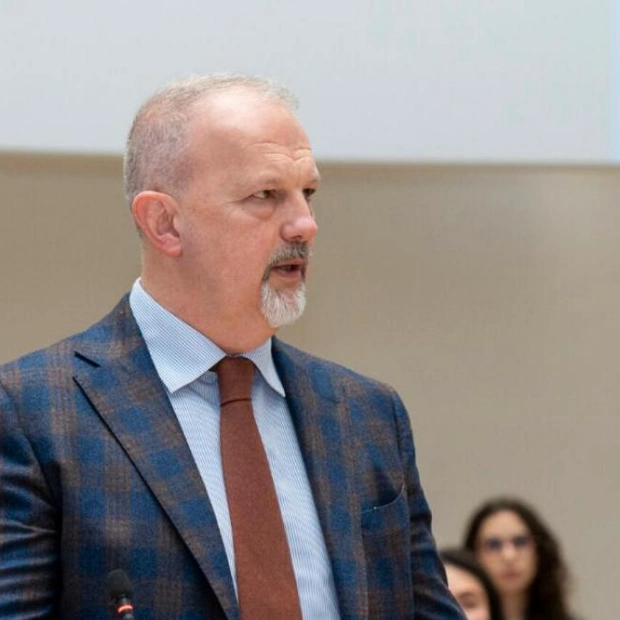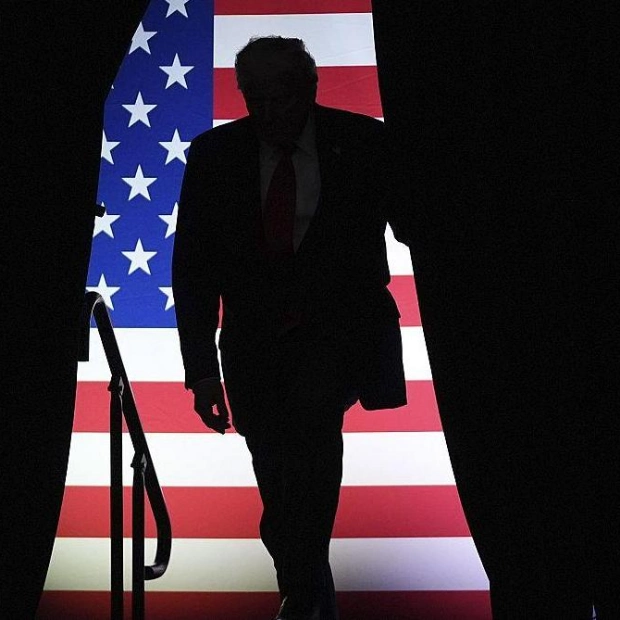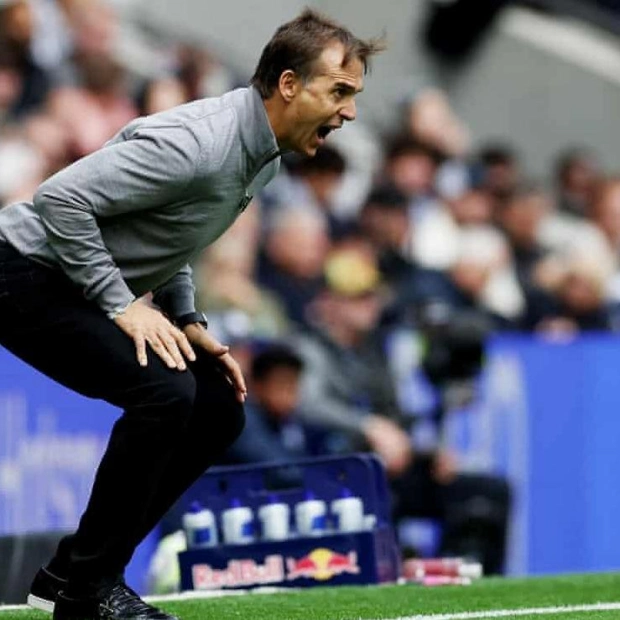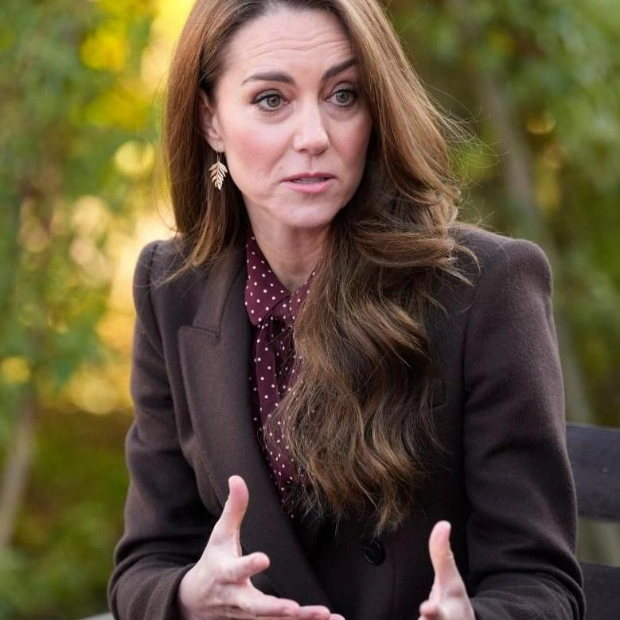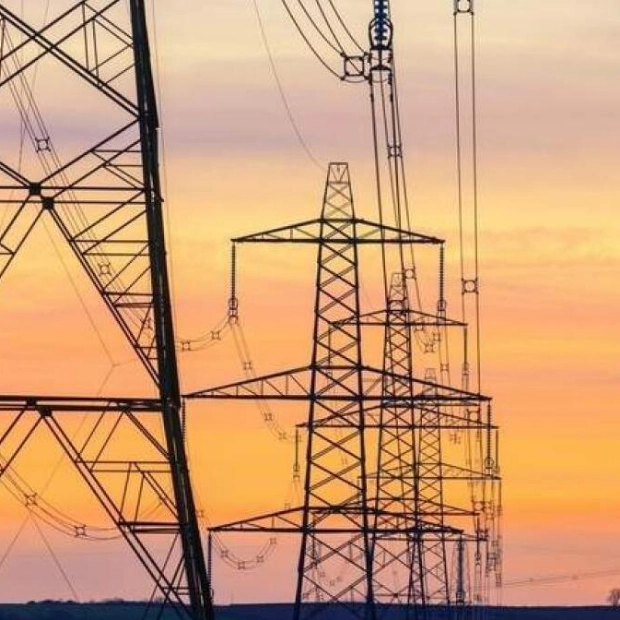Just a few weeks ago, France faced questions about how it would address budget deficits. Now, the concern has shifted to whether the eurozone's second-largest economy can even produce a budget. The handling of France's strained public finances will be a crucial test of its governance post-election, especially after President Emmanuel Macron's decision to hold snap elections resulted in a hung parliament. Financial markets, the European Commission, and other eurozone members are closely monitoring the situation. Legal experts are examining complex constitutional provisions to find a way through the deadlock, including options that could allow a new government to maintain essential public spending based on the previous budget.
This week, as legislators return to Paris, they bring with them the diverse demands of their constituents, reflecting an election where the reality of France's overshooting EU deficit limits was rarely acknowledged. Leo Barincou, a senior economist at Oxford Economics, noted that a divided National Assembly will struggle to agree on politically sensitive spending cuts, potentially leading to conflicts with the EU's fiscal rules. The IMF and France's own budget watchdog have already expressed skepticism about the outgoing government's plan to reduce the deficit from 5.5% to 3% by 2027, a target set against the backdrop of Marine Le Pen's expected presidential run.
The election results, which favored a left-wing alliance advocating for increased spending and taxation, further complicate the fiscal landscape. There are scenarios where Macron's centrists and moderate conservatives might collaborate with leftists to support modest spending initiatives, potentially using constitutional tools like Article 49.3 or 47 to bypass parliamentary hurdles. However, given the lack of a clear majority among anti-far-right factions and their differing views, achieving consensus will be a significant challenge.
Eric Woerth, a former right-winger now aligned with Macron, emphasized the need to address voter demands regarding economic health and wages, but acknowledged the process would require time and stability. Nicolas Véron, a senior fellow at Bruegel and the Peterson Institute, described the situation as entering into coalition politics, a process that could involve lengthy negotiations and trial-and-error, reminiscent of government formations in countries like Italy.
If no progress is made, the constitution mandates a one-year delay before new elections, leading to a period of paralysis extending beyond budget issues. Macron might use his Bastille Day address to call for solutions, but legislative efforts will be overshadowed by the upcoming Olympics and the August holiday period. Bruno Cavalier, chief economist at Oddo Securities, warned that investors might demand higher premiums for French debt, reflecting concerns highlighted by credit agencies. The situation will evolve after the summer, with France required to submit a draft budget to the European Commission by mid-October, closely watched by countries like Italy, which also faces deficit challenges.
